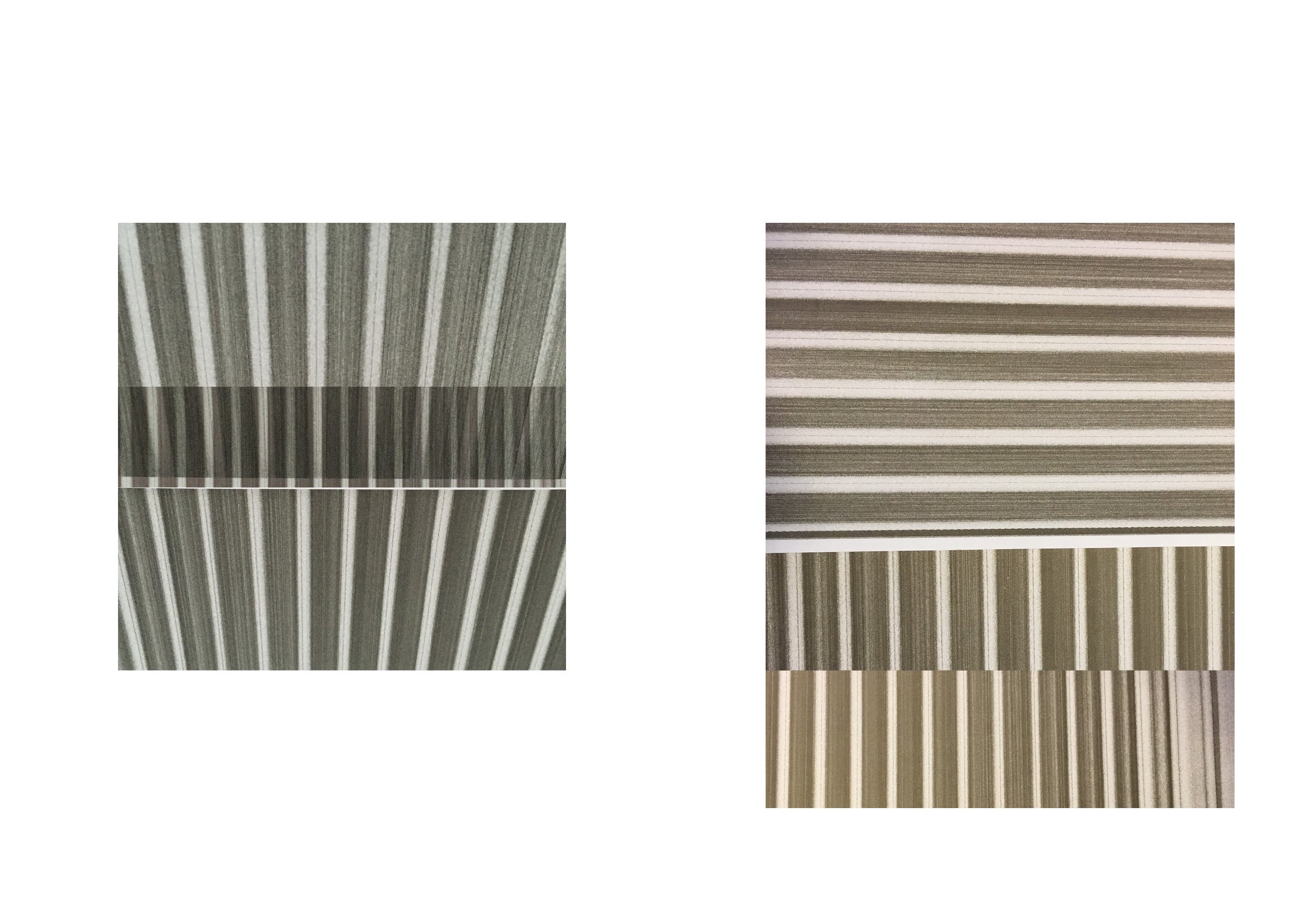From a distance, things always seem a bit blurry, a bit out of focus, as if they are modulating between differing states; colours loose their subtleties, details give way to the mire of shape and as we try to focus on those distant objects on our horizons we squint so as to remove any externalities which might be a distraction. A constriction of the muscles, a narrowing of the amount of visible light entering the retina which allows our eyes to interpret things more clearly, a filtering technique that allows us to block out the peripheral influences and leave those moments of ambiguity to the side. Like trying to look into the sun knowing that it is physically impossible to do without the mediation of some sort of substrate, without technology intervening so as to expand our capabilities and to temporarily allow us to triumph over nature in some bizarre way.
Read Moredata farms



